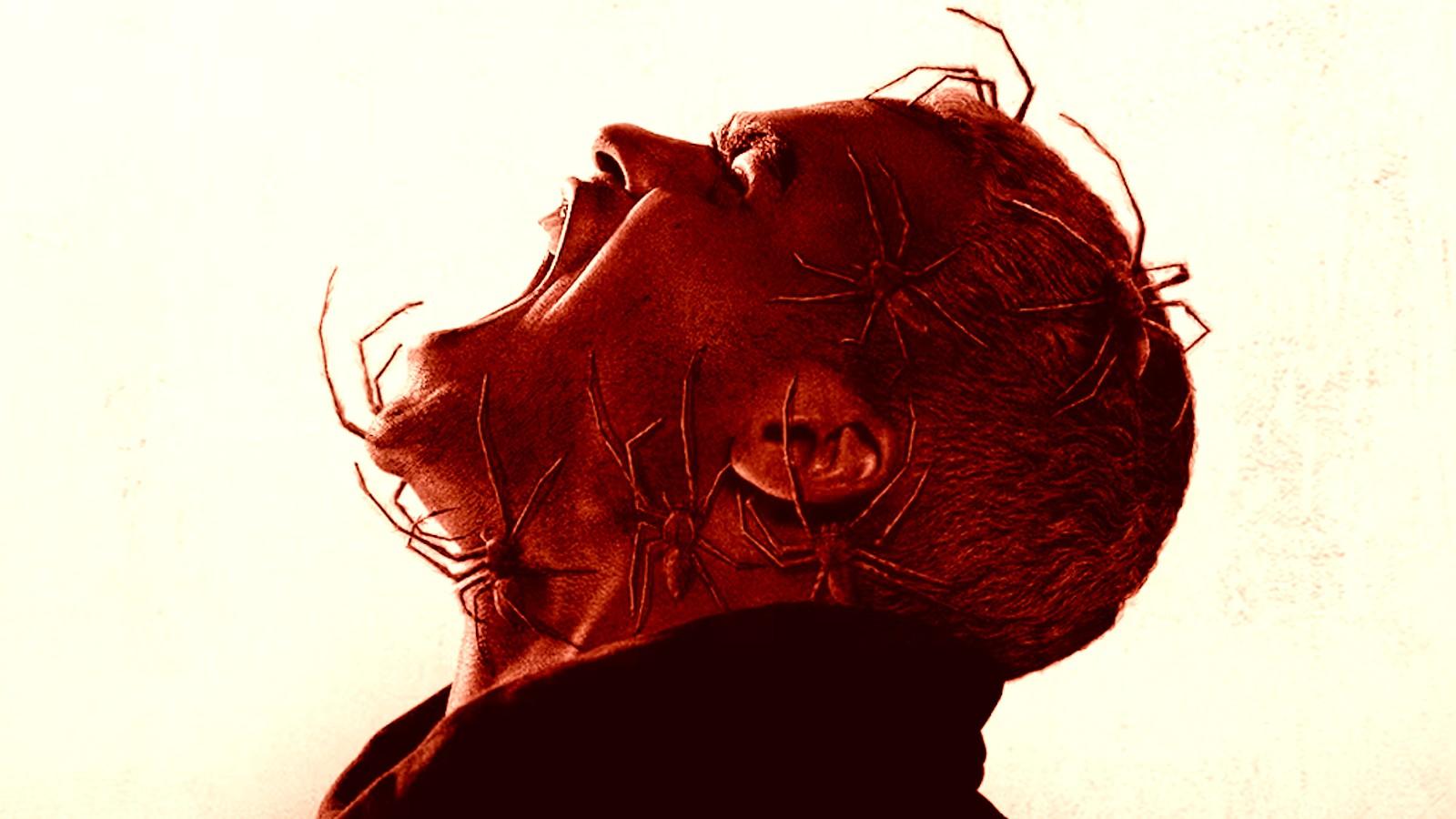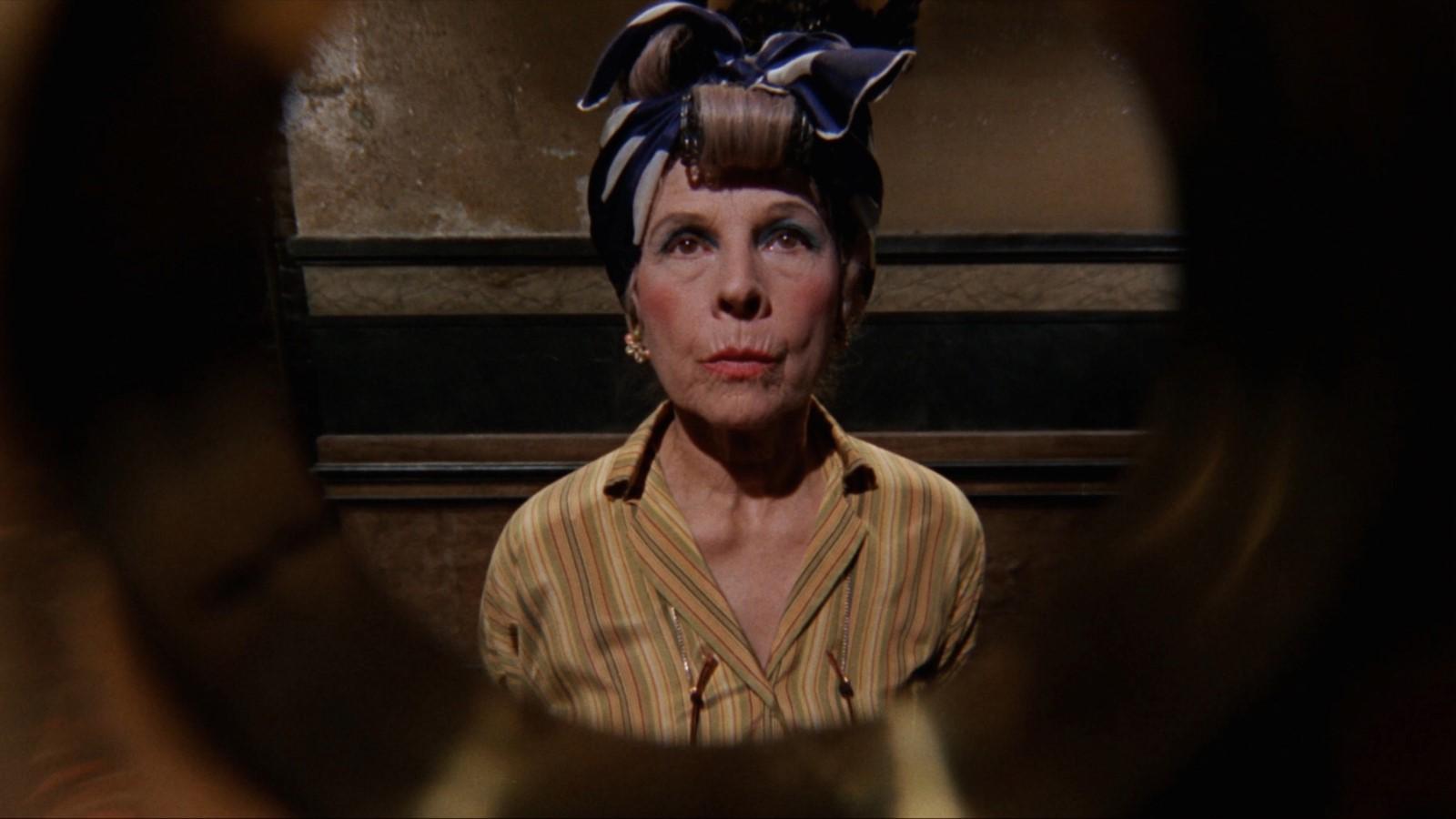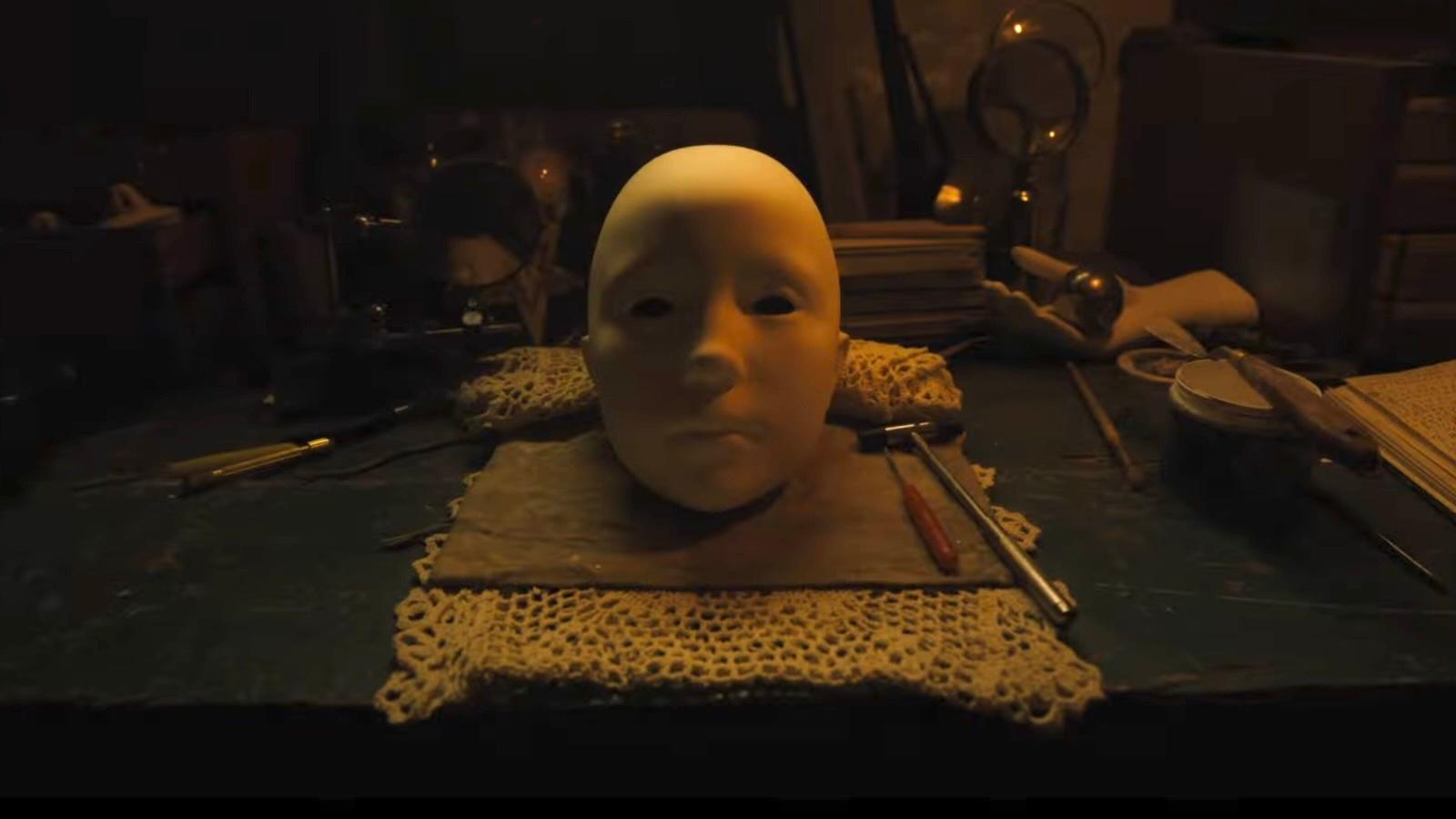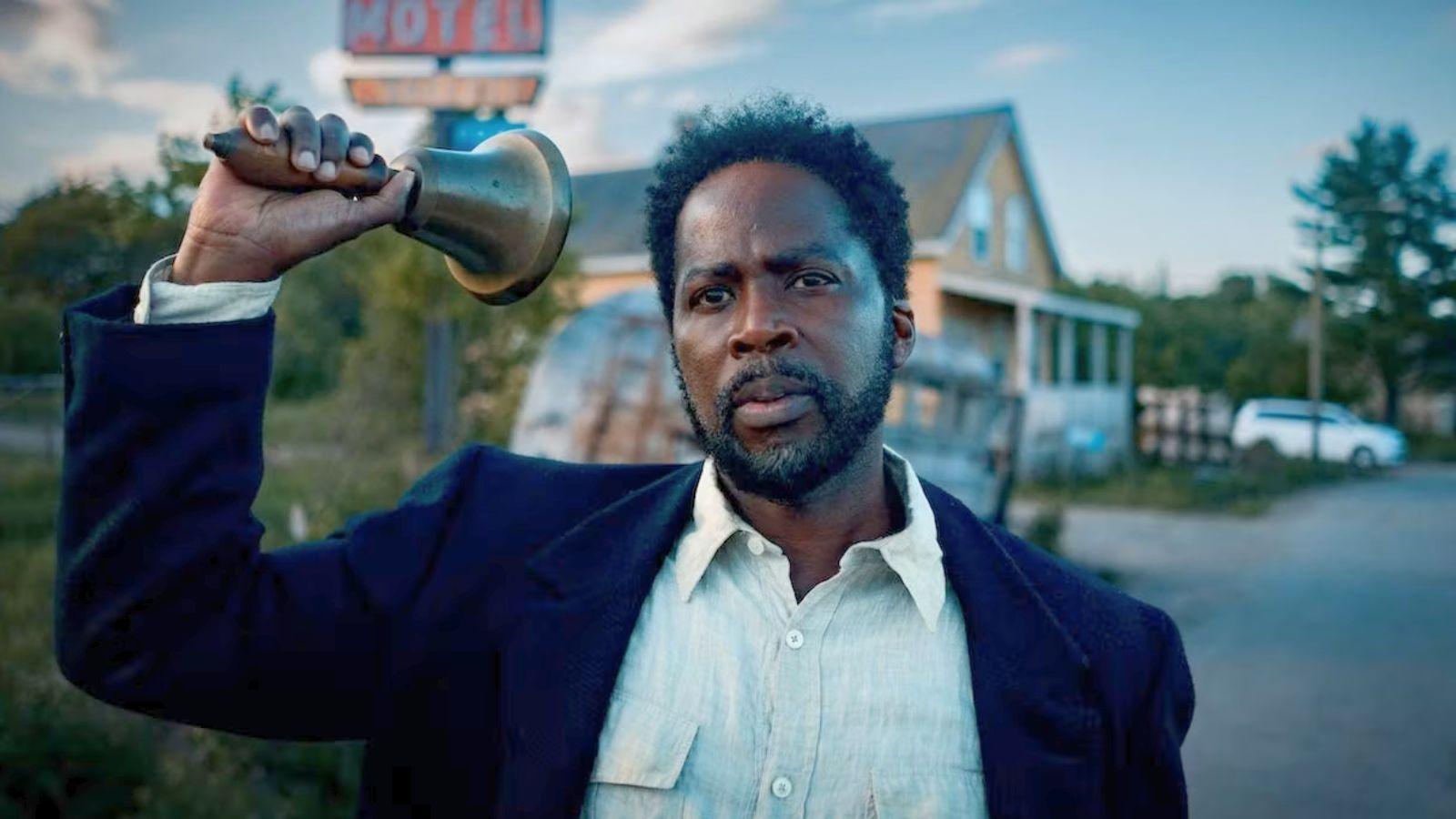Why do people find nasty, disturbing horror comforting?
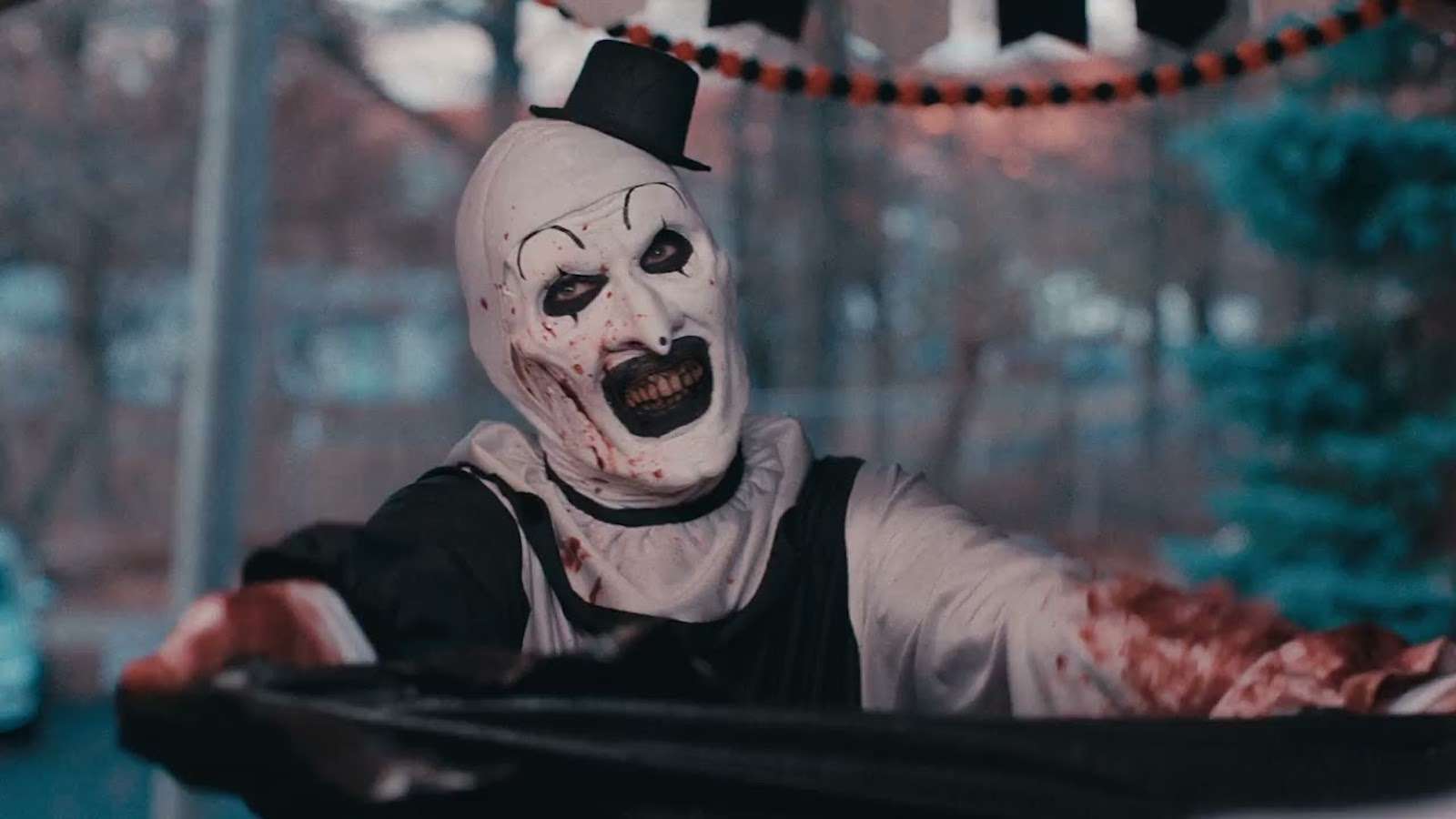 Bloody Disgusting
Bloody DisgustingIn honor of Halloween, let’s examine why some people find nasty, disturbing horror so comforting.
As far back as I can remember, I have always been drawn to the macabre. One of my earliest memories as a tod is watching American Werewolf in London, tucked behind a blanket as I screeched at David’s fang-toothed fever dream. I was hooked. Next was Child’s Play, then Candyman – then came the more serious fare. They replaced fairytales as my fantasy world during childhood; I would have much rather pretended to be a vampire than a princess.
By the age of 11, I had a little book of serial killers I’d take with me to school, and A Clockwork Orange was on repeat. As I got older, while most would tune into a rom-com or a Marvel movie to escape, I’d fall asleep to the soothing sounds of screaming. Everything from Climax to Martyrs, The Human Centipede to Ichi the Killer – they all made it to my Sunday night roster.
Why is it that I enjoy these titles when so many turn away in disgust and disdain? Over the years, I’ve met plenty like me, and it seems we can all agree that there’s something…. nice about the nasties. One person’s trash is another’s treasure, and when it comes to movies and TV shows, the finest jewels in my chest are downright disturbing. Why is this the case? Let’s explore what it is that, for some, makes the genre so comforting.
Real trauma, meets fictional trauma
On a personal level, horror – from the satirical slapstick to the type that rattles me to my very core – genuinely helps me to deal with past trauma. It’s important to point out that this may have the opposite effect on some people. Confronting the darker things in life, fictional or not, can cause even more pain. On the other end of the scale, it may provide comfort by allowing the viewer to deal with traumatic events in a controlled environment.
When we watch a movie or tune into a horror or true crime podcast, we willingly suspend our disbelief. We’re fully aware that what we’re experiencing isn’t real or it isn’t our reality at that moment in time, which gives us the freedom to engage with these stories from a safe distance. It’s a controlled brush with danger; a rollercoaster ride of emotions without any real-world consequences. In this controlled setting, our brains can process fear, trauma, anger, and uncertainty in ways that can be therapeutic.
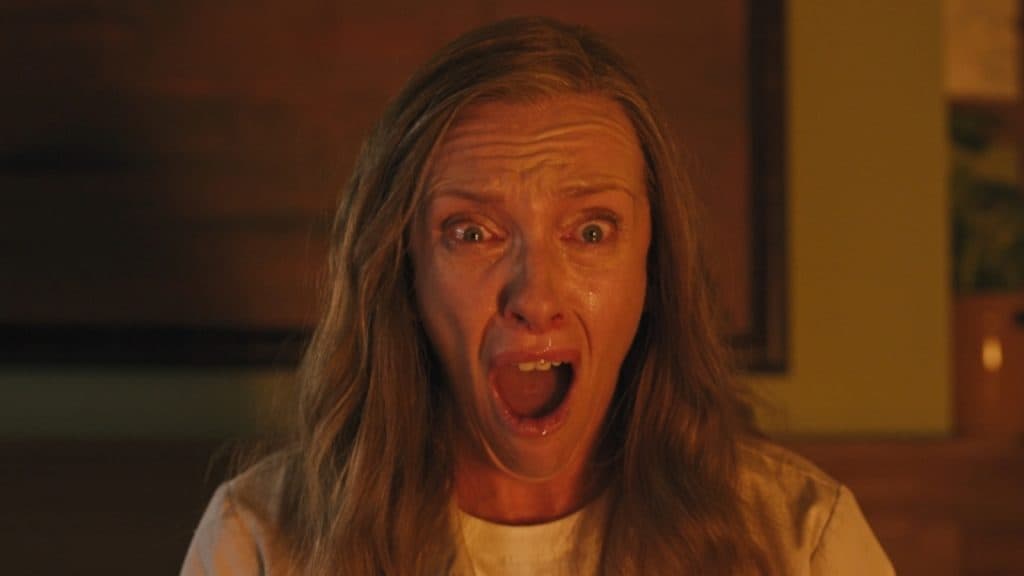 A24
A24At times when I have a total lack of control over the events in my life, I know I can hit the play button and feel a sense of composure. Whether I laugh, cry, rage, or cower, there’s a release of emotions, one in which I’m in control of and allowing myself to feel. The idea of horror providing a cathartic release isn’t solely based on opinion, either – ever since the dawn of the genre, there have been experts who back it up.
All the way back in 1958, Dr. Martin Grotjahn, the late psychoanalyst and psychiatry professor at the University of Southern California School of Medicine, hypothesized (via Time): “Certain childhood anxieties never die. Fear of ghosts, fear of witches, fear of the dark, the sinister and the mysteriously terrible – these stay with the adolescent. There are three ways to overcome them: psychoanalysis, nightmares, and terror movies, [in which] old childhood anxieties are activated, given life and a form of objective reality on the screen, and then dispelled.”
Getting high off horror
In reality, I’m an anxious person, having grappled with anxiety and depression since childhood. And, over the years, I’ve found horror has become a unique remedy for me. If I’m feeling nervous about a social gathering or work event, viewing an intense or disturbing film beforehand somehow bolsters my confidence. Similarly, while it may sound strange to some, the titles of this genre appear to have fortified my overall resilience to life’s ups and downs.
While for many, watching a horror might make them feel on edge, I come out of the experience feeling less anxious. This may be because engaging with horror can be akin to emotional weightlifting. Each time we expose ourselves to these tales, we’re testing our emotional and psychological limits, building resilience in the process. Over time, this repeated exposure can make us less sensitive to certain stimuli, better equipping us to handle real-life stressors.
But there’s also some science to the madness, and it’s all to do with brain chemicals. According to a body of research cited by Psi Chi, our body’s autonomic nervous system has evolved over time to be composed of two parts: the sympathetic nervous system, which controls our ability to prepare for dangerous situations; and the parasympathetic nervous system, which controls our ability to relax in safe situations.
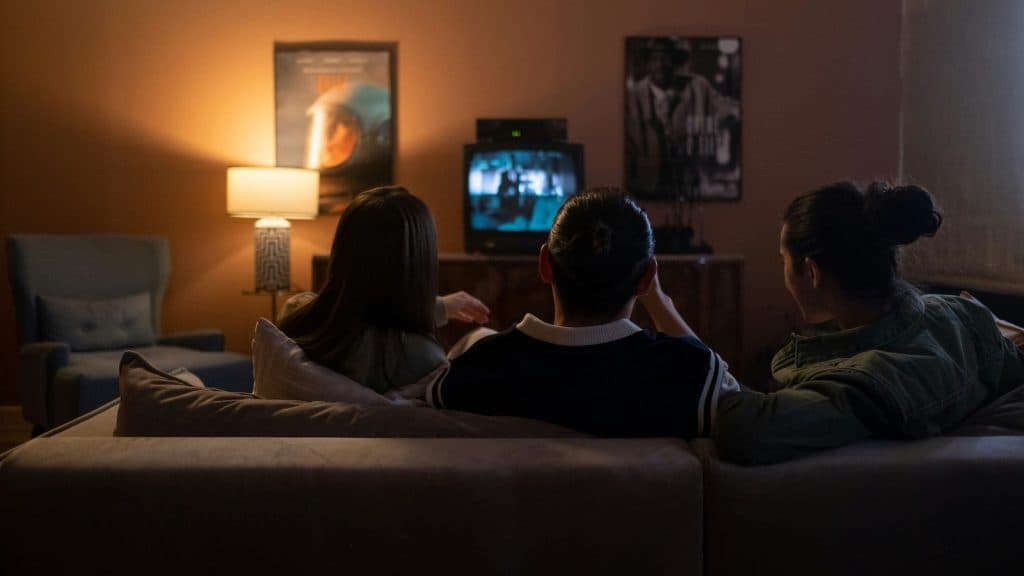 Pexels/Ron Lach
Pexels/Ron LachWhen we watch something scary or sinister, even though we’re not physically in danger, it may still cause our sympathetic system to go into fight or flight, causing the release of dopamine and endorphins. This may give certain viewers a false high. “By watching a scary movie, your brain feels it has accomplished surviving a scary situation, even though it knows you were never in any real danger to begin with,” it states. “Going through a scary situation in a controlled, safe environment can help to establish confidence in yourself.”
Once this fake threat is over, the parasympathetic nervous system may kick in, causing what’s known as a “rest and digest” response, flooding the brain with a calming hormone. Although it might seem like the opposite is true, this process can be particularly useful for people, myself included, who are already on edge. As said in the article: “Many individuals suffering from anxiety or PTSD may constantly feel on edge or in a state of panic, which is why that feeling of rest and digest following panic is so captivating.”
Once again, it’s important to note that watching horror could have the opposite effect on people with anxiety or other conditions – so don’t go forcing yourself to sit through a Hereditary/Midsommar double bill if you aren’t that way inclined.
Sheer escapism
Of course, let’s not get it twisted – sometimes the enjoyment of eerie entertainment is as simple as escapism. In a world fraught with daily stressors, challenges, and monotony, cinema offers an escape from reality. While some might want chewing gum for the mind à la No Hard Feelings or Barbie, I’d much rather watch Art the Clown peeling a human like a banana. For me, horror movies, with their intense atmospheres and high stakes, offer a deep immersion that few others can match.
They transport the viewer to a world where the rules of reality don’t apply, and where daily worries are either a) momentarily forgotten or b) put into perspective. Which brings me on to my next point: seeing the bigger picture. No matter what I’m going through in life, none of it compares to, say, battling malevolent spirits or the zombie apocalypse. This shift in perspective can be genuinely therapeutic; a stark reminder that things could always be worse.
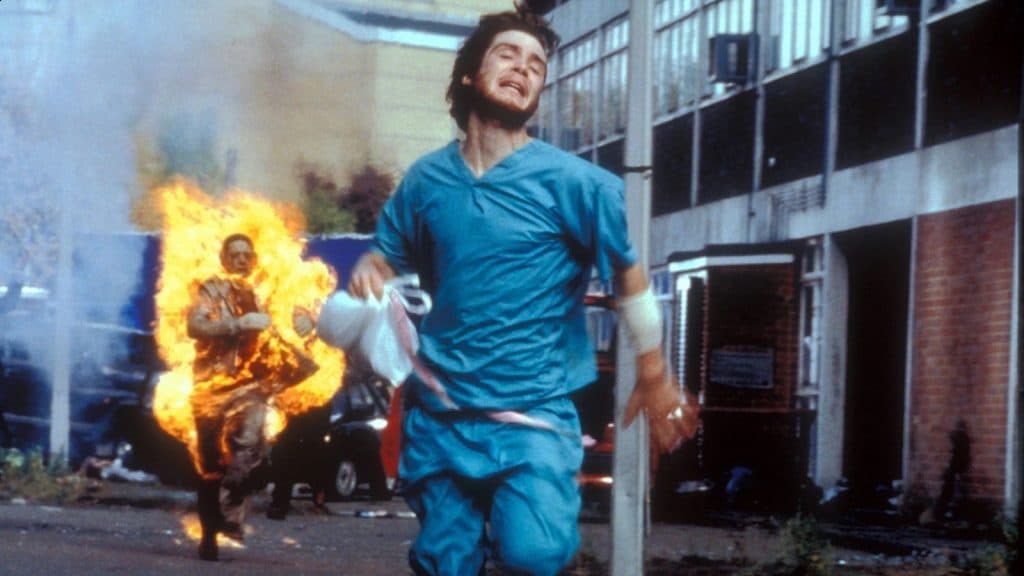 Fox Searchlight Pictures
Fox Searchlight PicturesThis doesn’t belittle genuine personal problems, but it does offer a broader context within which one can view them. It’s a refreshing lens that allows us to momentarily downplay our troubles, and come out of the movie with a renewed sense of gratitude and relief.
One more time for the people at the back – not everyone will see it this way. But even those who don’t might hopefully understand a little more about why certain audiences are drawn to the darker things in life. In a world where genuine horrors exist, fictional terror provides an odd form of solace. And in that paradox lies the enduring magic of horror.
You can read more Halloween content below:
- Top 30 best horror movies of all time
- Best horror movies on Netflix
- Best horror movies on Hulu
- Best horror movies on Disney Plus
- Best horror movies on Prime Video
- Top 10 found-footage horror movies ever made
- 10 best psychological horror anime of all time
- Top 10 slasher movie villains ranked by survivability
- Top 5 scariest horror movies based on true stories
- Scariest horror K-drama series & movies
- The “haunted episodes” of Friends will give you nightmares
- The most disturbing movie ever made isn’t a horror film
- The saddest horror movie ever made
- These horror movies are “cursed” in real life
- Top 9 Halloween true crime and documentaries
- The horror movie you can only watch once
